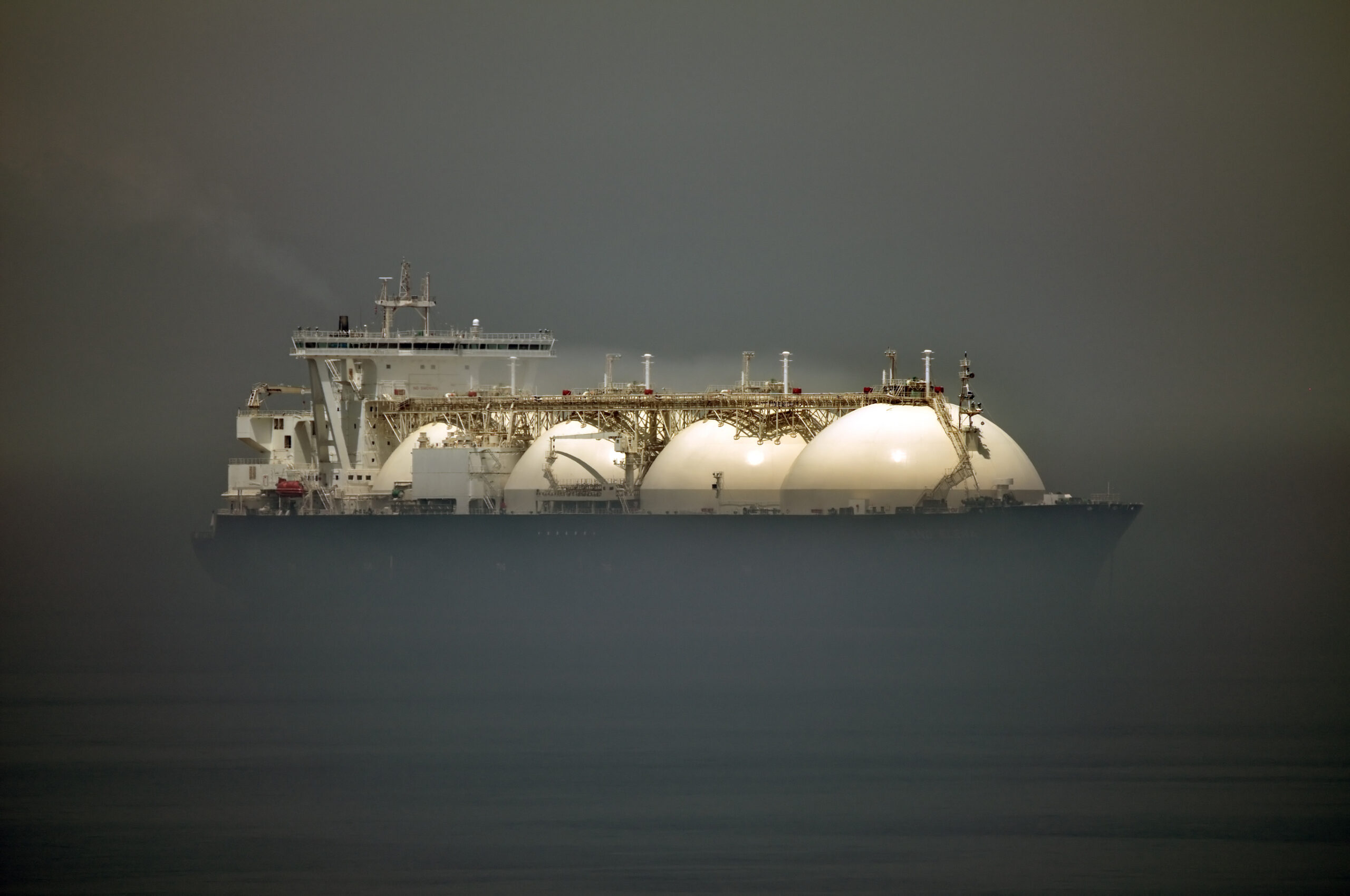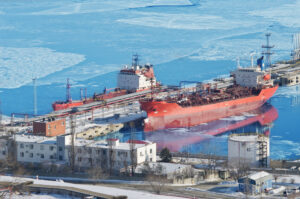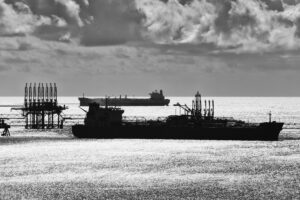The Price Cap Coalition, which includes G7 countries as well as the European Union, Australia, and New Zealand, is updating its advisory for those involved in the maritime industry with a specific warning for brokers, with the aim to prevent sanctions evasion.
The advisory outlines best practices stakeholders should adopt to reduce risks while promoting the safe flow of oil on the market.
As it is stated in the guidelines issued by the US Department of the Treasury’s Office of Foreign Assets Control (OFAC), those involved in the sale and brokering of tankers should be aware that the European Union has introduced measures to more closely monitor the sale of tankers to third countries and prevent their use in the transport of oil priced above the cap established by the Coalition.
“Those involved in the sale and brokering of tankers should remain vigilant of potential evasive or illicit purchase structures and end uses, especially for aging tankers, including tankers previously designated for recycling,” the advisory says.
The updated price cap coalition advisory, which comes as a response to the recent developments in the maritime oil trade, highlights the fact that “A ‘shadow’ trade has become more pronounced, often involving actors and cargo affiliated with countries and/or persons subject to sanctions or associated with other illicit activity.”
It also urges those involved in the sale and brokering of tankers to conduct “enhanced due diligence” on these transactions, including ultimate beneficial ownership due diligence, and to understand if buyers or associated ship management companies have a previous association with vessels engaged in potentially illicit or unsafe behavior.
As it is explained in the advisory, this means to obtain information such as contact details, source of funds, and copies of identification of the buyer’s beneficial owner or owners. The Coalition recommends that this information be verified against third party databases, media, and market intelligence, and reviewed periodically.
Meanwhile, the Coalition provides recommendations concerning specific best practices for private sector actors involved in the maritime trade of crude oil and refined petroleum products, as well as government stakeholders.
The Coalition encourages stakeholders to require appropriately capitalized P&I insurance, to ensure counterparties receive classification from IACS member classification societies, to monitor high-risk ship-to-ship transfers, to request associated shipping and ancillary costs, to undertake appropriate due diligence, and to report ships that trigger concerns.
Furthermore, the advisory provides recommendations to stakeholders to ensure vessels meet international maritime safety and environmental obligations, to avoid interactions with sanctioned parties, and to raise the level of awareness and enhance market transparency. It also provides recommendation for the best-practice use of automatic identification systems (AIS).



